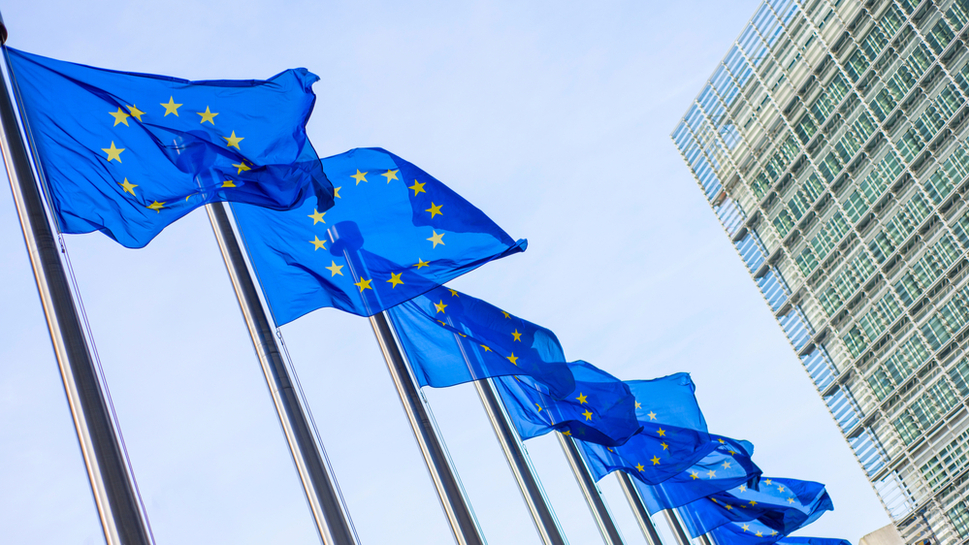- The EU has proposed making changes to current digital legislation
- GDPR would be tweaked to enable AI training on certain personal data
- Other changes aim to simplify processes and remove outdated/unnecessary steps
The European Union has revealed plans to simplify all of its digital legislation in response to concerns regulatory complexity might be hampering innovation and competitiveness, particularly within the realms of AI.
Portions of the GDPR, ePrivacy, Data Governance Act, Data Act and Free Flow of Non-Personal Data Regulation will be simplified, as will the AI Act.
Ultimately, it aims to make it easier for companies to process anonymized/pseudonymized data by allowing the use of certain personal data for AI training.
GDPR to be changed to assist AI training
GDPR will introduce clearer definitions and mechanisms to distinguish anonymized data that’s suitable for training.
Separately from AI, the EU also wants to address so-called cookie banner fatigue. Non-risk cookies will no longer require consent pop-ups, and users will be able to manage consent centrally at the browser level (which websites will then need to respect).
Furthering simplification, several separate data-related laws will be merged into the Data Act.
“The accumulation of rules has sometimes had an adverse effect on competitiveness,” the European Commission explained, hence the pretty sizeable changes set out by Commission President von der Leyen for her 2024-2029 term.
Moreover, the huge shift also aims to deal with outdated laws that no longer fit the evolving digital landscape, which is a totally different one to when many laws were initially introduced.
At the moment, though, the changes are only in consultation phase and are not confirmed. The Commission also stressed the importance of consulting with SMEs, which make up a considerable portion of the European business landscape.
“Provided the proposal enters into force by early 2027, the Digital Omnibus could amount to at least EUR 5 billion in administrative cost savings for businesses by the end of the Commission mandate in 2029, as well as a further EUR 1 billion for public authorities,” the Commission wrote.
Follow TechRadar on Google News and add us as a preferred source to get our expert news, reviews, and opinion in your feeds. Make sure to click the Follow button!
And of course you can also follow TechRadar on TikTok for news, reviews, unboxings in video form, and get regular updates from us on WhatsApp too.









 English (US) ·
English (US) ·